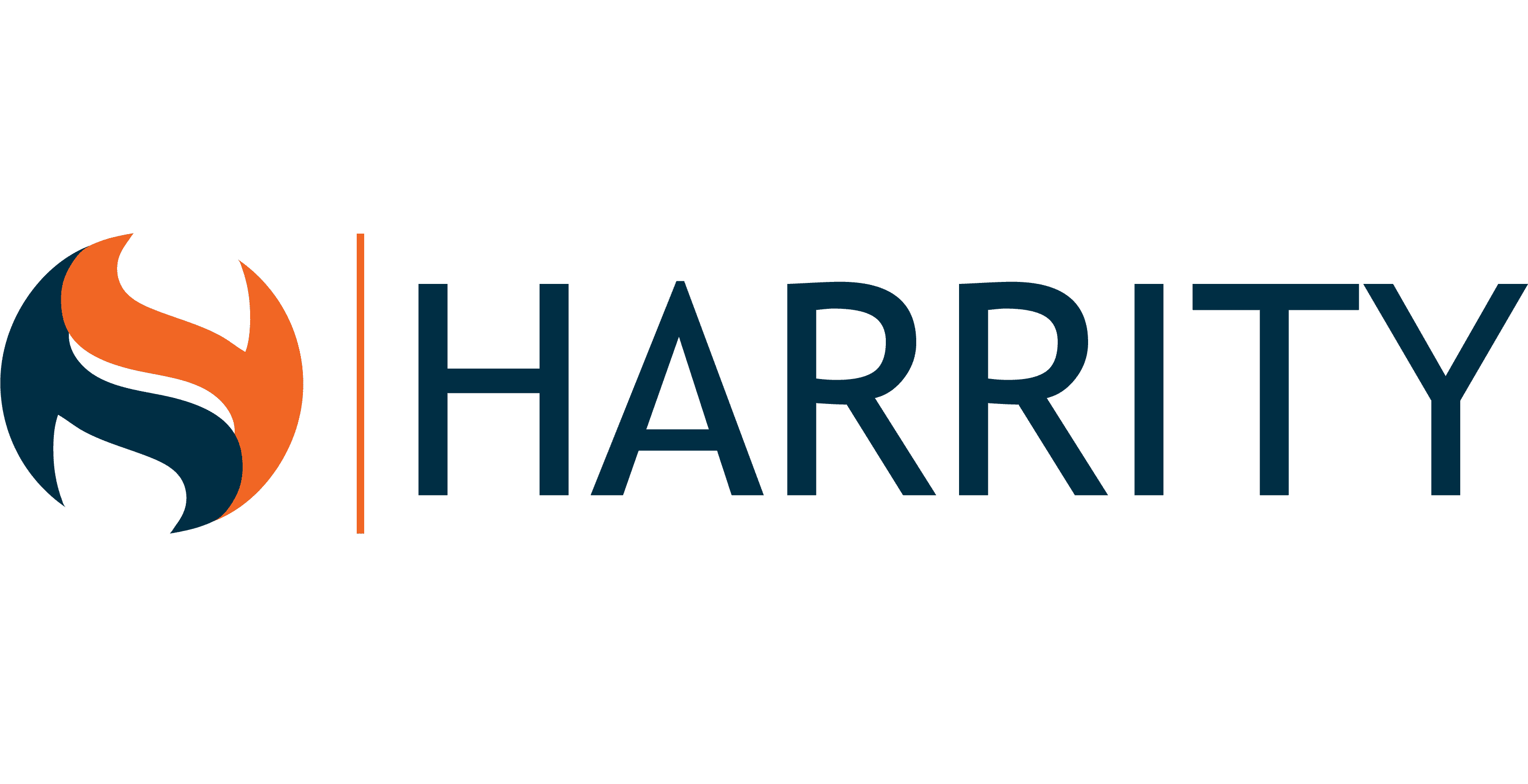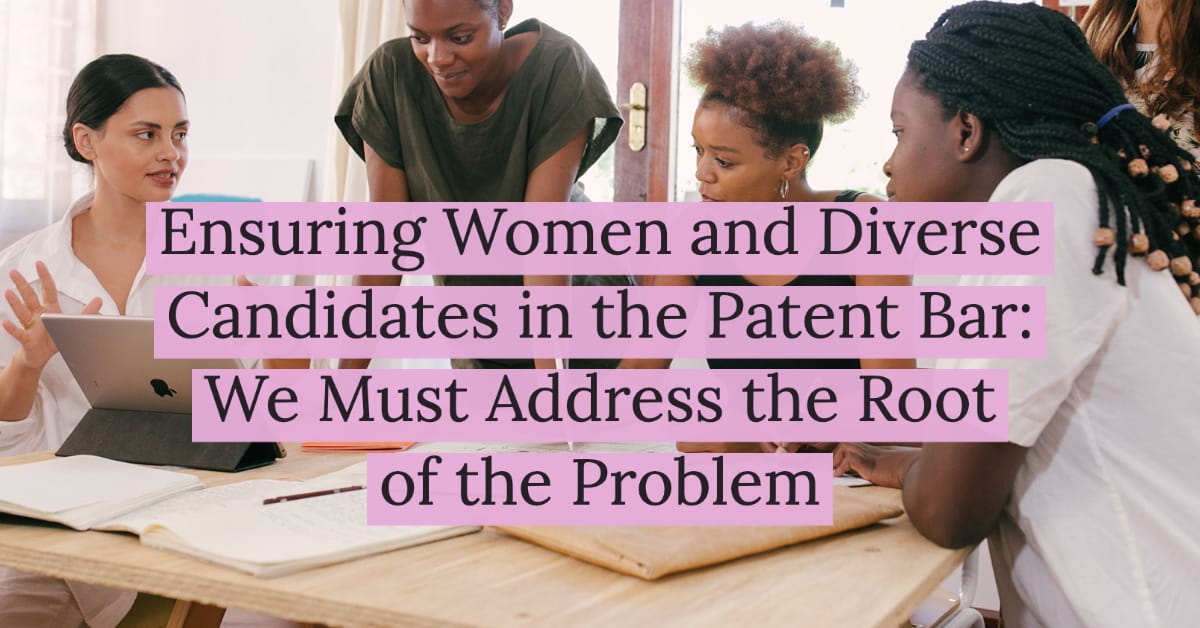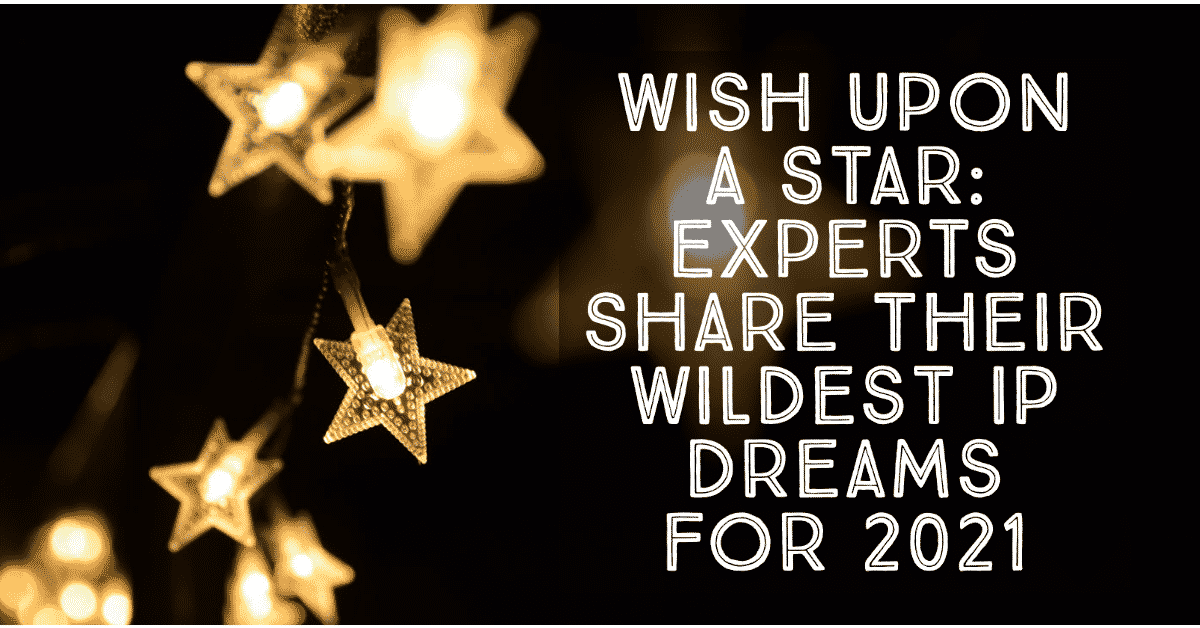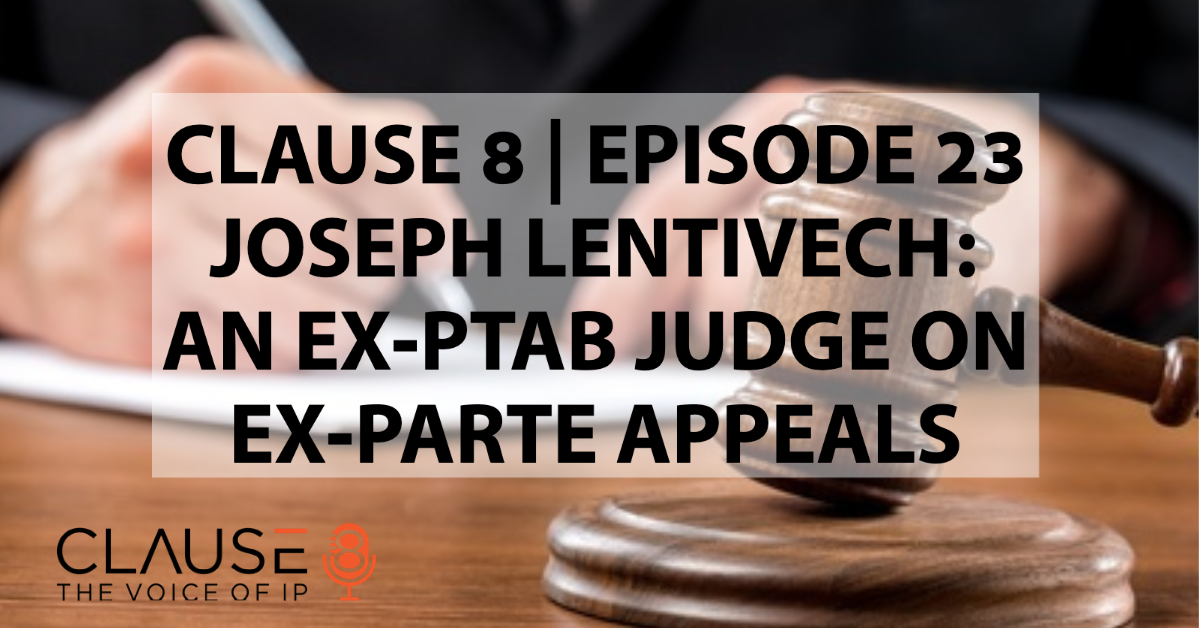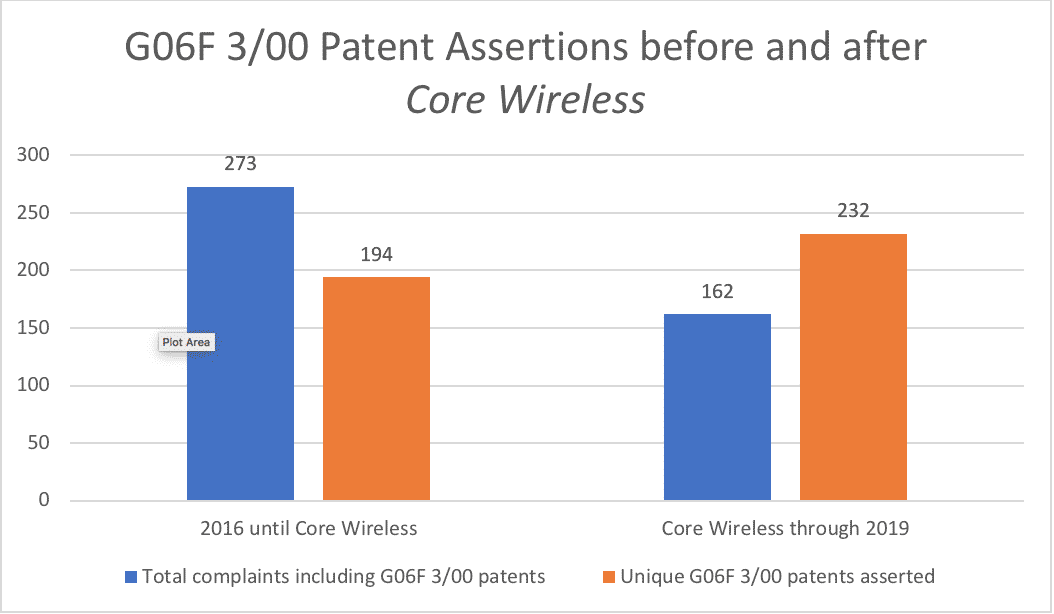Diversity is Just Good Business
(October 25, 2021) James Bennin, the inaugural participant of Harrity’s Minority Firm Incubator Program and Managing Partner of the Black-owned Onyx IP Group, explains why diversity is good business in a recent opinion piece for IPWatchdog.com.
“When you exclude alternative points of view, you are not getting the full picture of all the available options and the best possible solution to resolve an issue or matter. Additionally, clients and leadership do not just come from one particular group, they come from diverse groups and circumstances. By having legal counsel that is also diverse, you are better able to relate to a client. Diversity makes the firm and the general practice of law that much more resilient, relatable, and successful.”
The article can be read in full on IPWatchdog.com.
About Onyx IP Group
With combined experience (private practice and in-house) in the electrical, software and mechanical technology areas, the Onyx IP Group provides legal counseling for patent drafting, patent prosecution, trademark, and transactional matters. Visit us online at https://onyxipgroup.com
See more on Harrity’s diversity initiatives: https://harrityllp.com/diversity
Check out our Driving Diversity vlog: https://harrityllp.com/thediversitychannel
About Harrity & Harrity, LLP:
Harrity & Harrity, headquartered in Fairfax, Va., is a leading patent preparation and prosecution firm specializing in the electrical and mechanical technology areas. The firm has obtained more than 8,000 patents since its founding in 1999. Our clients trust in our high-quality work, experienced people, industry-leading innovation, and outstanding service. Harrity actively promotes diversity and inclusion at the firm and throughout the legal industry, with an additional focus on giving back to the community through Harrity 4 Charity. Visit us online at https://harrityllp.com
Join the Conversation …
Like Us: https://www.facebook.com/harrityllp
Follow Us: https://twitter.com/harrityllp
Linked In: https://www.linkedin.com/company/harrityllp
